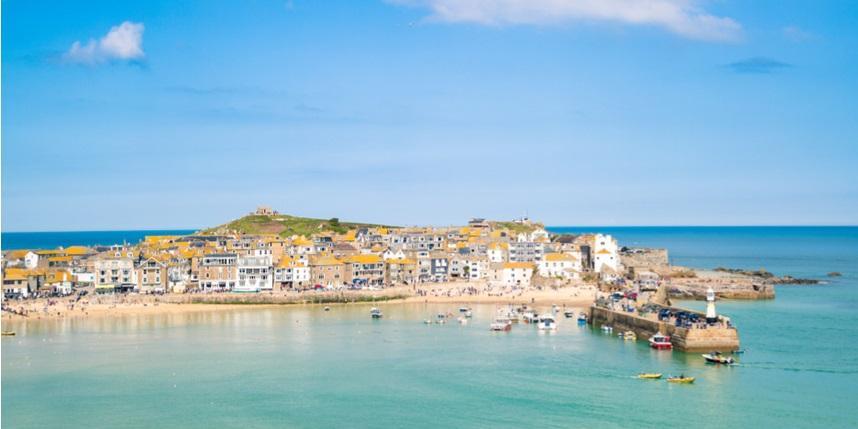Investment In Staycations in the UK Or Outside
16 Jul 2018
A weaker pound is attracting foreign investors to get staycations in the UK, where they can earn from renting holiday cottages and buy-to-let at popular vacationing cities. Naturally, the best investment is in a place where the weather is favourable.
The cities along the coastlines and countryside cottages are most suitable for holiday rental markets. In 2016, the total income from such staycations in the UK was about £3.1 billion, and as per the data collected by Second Estates- it is assumed the rents will increase by 23 per cent by 2021.
In general, the holiday home business requires a proper understanding of the tourism sector, like the facilities for booking holiday homes, running costs, cleanliness, and yearly maintenance.
Then, investors must buy such properties at famous tourist destinations or seek opportunities in undervalued properties close to popular locations.
Proper management of such properties can get sufficient returns. For example, many companies in the business of staycations impose double the standard rates of rooms, and even after giving discounts, they earn more than the regular rates on the rooms or cottages.
Last year the change in regulations regarding property ownership led to a rise in buy-to-lets, as there are many places where people seek short-term rentals.
Residential Buy-to-let vs Holiday homes
In the UK, foreign interest in private rentals in some specific regions, student buy-to-let and office rentals continue to grow. However, private rentals own the major share of property markets, and the share of holiday buy-to-let is the smallest.
The holiday home can be a second home, and some investors seek a second home along the seaside or cottages in the countryside. Some are buying properties abroad.
A second home offers opportunities to earn through buy-to-rent, but the additional property is subjected to additional taxations and surcharges. A second home or a cottage can be bought individually or as a share, and tax applies depending on the share worth.
In the first half of 2018, 18 per cent of the properties on rent in the UK were bought or rented by companies rather than individuals (as per Hamptons International reports). Other legal and regulatory compliances include insurance and stamp duty.
Regulation For Buying Properties Overseas
The region or country where the property is bought follows the local state buying regulations, which implies foreign investors. One can even get a mortgage to buy such properties; sometimes, the country where you are buying property provides options to get a mortgage locally.
Many countries restrict foreign land ownership and regulations to prevent investment in holiday homes or residential apartments.
The UK inheritance tax implies properties inherited abroad if the property belongs to parents or grandparents who were the domicile of the UK. If the inheritance tax is not paid, one will have to pay a 200 per cent penalty on tax IHT – to correct the RTC.
The property purchased by the domicile of the UK overseas is not protected by local regulations such as the Financial Conduct Authority in the UK, and one may not get protection under the Financial Services Compensation Scheme.
Holiday home available in the UK for more than 210 days is subjected to tax advantage and is categorised under the furnished-holiday-let. The tax also applies to the rental income of the non-domicile resident as a tax on remittance.
To find out more about buying staycations and holiday cottages, click Hamilton International Estates (www.hamiltoninternationalestates.com).
Categorised in: All News












